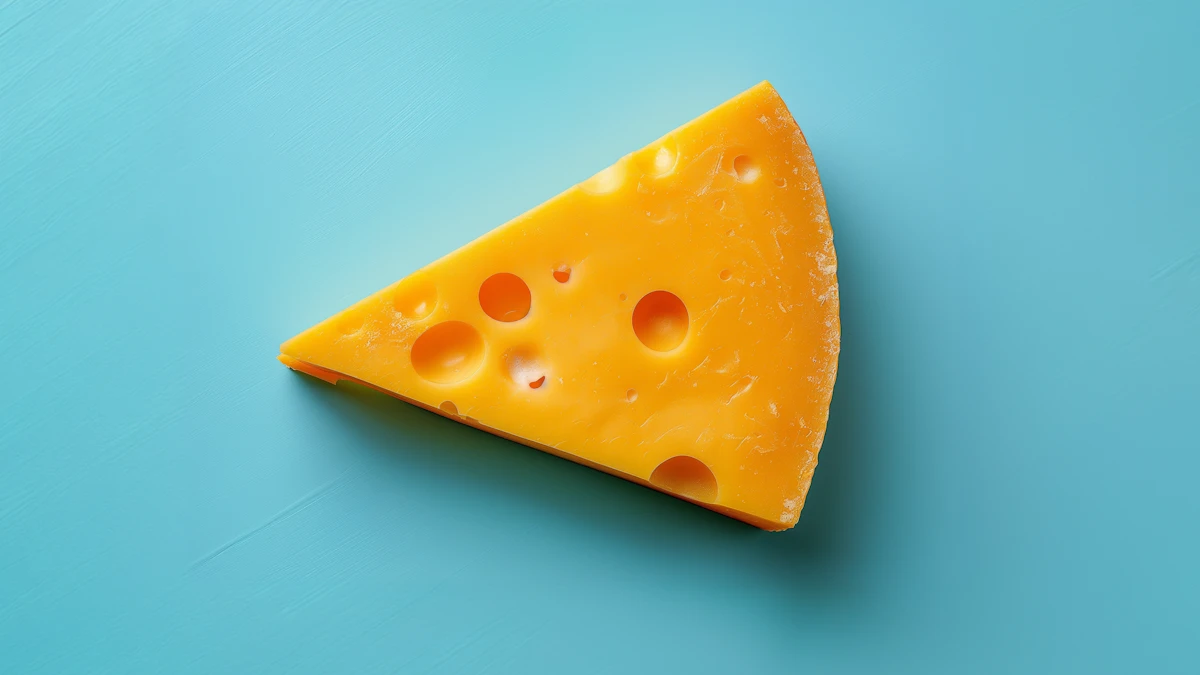New Research Shows Cheese Might Actually Help With Weight Loss
Have you ever avoided cheese while trying to lose weight? You might be surprised to learn that some types of cheese could actually help with weight management, according to exciting new research.
Scientists from University College Dublin have discovered that people who eat more cheese tend to have lower body weight and better health measurements. This challenges what many of us have believed about dairy foods and weight gain. NDTV Food reports that this research was published in the Nutrition and Diabetes journal.
Understanding the Cheese and Weight Loss Study
Dr. Emma Feeney, the lead researcher from University College Dublin, and her team carefully studied 1,500 adults between the ages of 18 and 90 to understand how dairy affects our bodies. The researchers didn’t just ask people what they ate – they had participants keep detailed 4-day food diaries to track exactly what dairy products they consumed. They also measured participants’ weight, height, body fat percentage, waist size, hip size, and blood pressure.
The study went beyond simple observations by using a statistical method called Analysis of Covariance (ANCOVA) to make sure other factors like age, gender, and overall diet quality weren’t affecting the results. This careful approach helps us trust that the connection between cheese and body weight isn’t just a coincidence.
The “Dairy Matrix” – Why Food Combinations Matter
One of the most important ideas from this research is something Dr. Feeney calls the “dairy matrix.” As she explained, “We have to consider not just the nutrients themselves but also the matrix in which we are eating them… and what the overall dietary pattern is.” This means that how our bodies process cheese is different from how they would process the same nutrients (like calcium or protein) if eaten separately.
Think of it like this: the nutrients in cheese work together as a team. When you eat cheese, you’re not just getting fat and protein separately – you’re getting them combined in a specific structure that affects how your body uses them. This might explain why cheese doesn’t seem to have the negative effects on weight that its fat content might suggest.
Surprising Findings About Dairy and Body Measurements
The research revealed something that might change how we think about dairy: people who consumed more dairy products generally had lower BMI (Body Mass Index, a measurement comparing your weight to your height), less body fat, smaller waistlines, and a better waist-to-hip ratio. These measurements are important because they help doctors understand someone’s health risks better than just weight alone.
Even more surprising was that cheese lovers showed lower blood pressure and better cholesterol levels, despite cheese often being thought of as unhealthy because of its fat content. University College Dublin reported these connections were statistically significant, meaning they’re unlikely to be due to chance.
Why Some Cheeses May Be Better for Weight Management
Not all cheeses are created equal when it comes to weight management. The researchers identified several types that might be particularly helpful:
- Feta cheese – This tangy Greek cheese is lower in calories than many other varieties while still providing satisfying flavor and protein. Its strong taste means you might be satisfied with a smaller portion.
- Fresh Ricotta – With high protein content and a creamy texture, ricotta can help you feel full longer while providing fewer calories than many other cheeses.
- Parmesan – While high in fat, its intense flavor means a little goes a long way, potentially helping with portion control while adding significant calcium and protein.
- Cottage Cheese – This longtime favorite among dieters is high in protein and low in fat, making it filling while contributing fewer calories to your diet.
- Goat Cheese – Often easier to digest than cow’s milk cheeses, goat cheese provides a creamy texture and tangy flavor that can satisfy cravings with smaller amounts.
Practical Ways to Include Cheese in a Weight Management Plan
The research suggests that enjoying cheese in moderation might actually support weight management goals. Here are some practical tips based on the findings:
| Strategy | How It Helps |
|---|---|
| Practice portion control with cheese | Even beneficial foods can contribute to weight gain if eaten in large amounts. A serving of cheese is typically about the size of two dice or your thumb, providing satisfaction without excess calories. |
| Use cheese as a replacement for unhealthy toppings | Instead of high-calorie dressings or sauces, a sprinkle of flavorful cheese can add taste while potentially providing nutritional benefits that support weight management. |
| Pair cheese with whole foods | Combining cheese with vegetables, whole grains, or fruits creates a more balanced meal that keeps you fuller longer and provides a wider range of nutrients. |
Understanding the Science Behind the Claims
The statistical findings in this research show important patterns that help explain the cheese-weight connection. For example, PubMed Central reported that people who increased their dairy intake showed 0.72 kg greater fat mass reduction compared to control groups. This means they lost nearly 3/4 of a kilogram more body fat than people who didn’t increase dairy consumption.
Another important finding was that dairy consumers gained about 0.58 kg more lean mass (muscle) than control groups. This is particularly significant because muscle burns more calories than fat, even when you’re resting. More muscle can help maintain weight loss over time.
The study also found that people who consumed low-fat dairy products often ate more carbohydrates instead, which might actually increase LDL cholesterol (often called “bad” cholesterol). This suggests that switching to low-fat dairy might not always be the best strategy for heart health or weight management.
What This Means for Your Diet
This research doesn’t mean you should start eating unlimited amounts of cheese, but it does suggest that including moderate amounts of cheese in your diet might not hinder weight loss efforts as previously thought. In fact, it might even help.
The most important takeaway is that whole foods in their natural form often work differently in our bodies than we might expect based on their individual nutrients. This study reminds us that nutrition science is complex, and simple rules like “avoid all high-fat foods” might not always lead to the best health outcomes.
Could your next weight management plan actually include cheese rather than eliminate it? This research suggests it might be worth reconsidering cheese’s role in a healthy diet. As with most things in nutrition, moderation and quality seem to be the keys to turning this surprising finding into practical health benefits.











